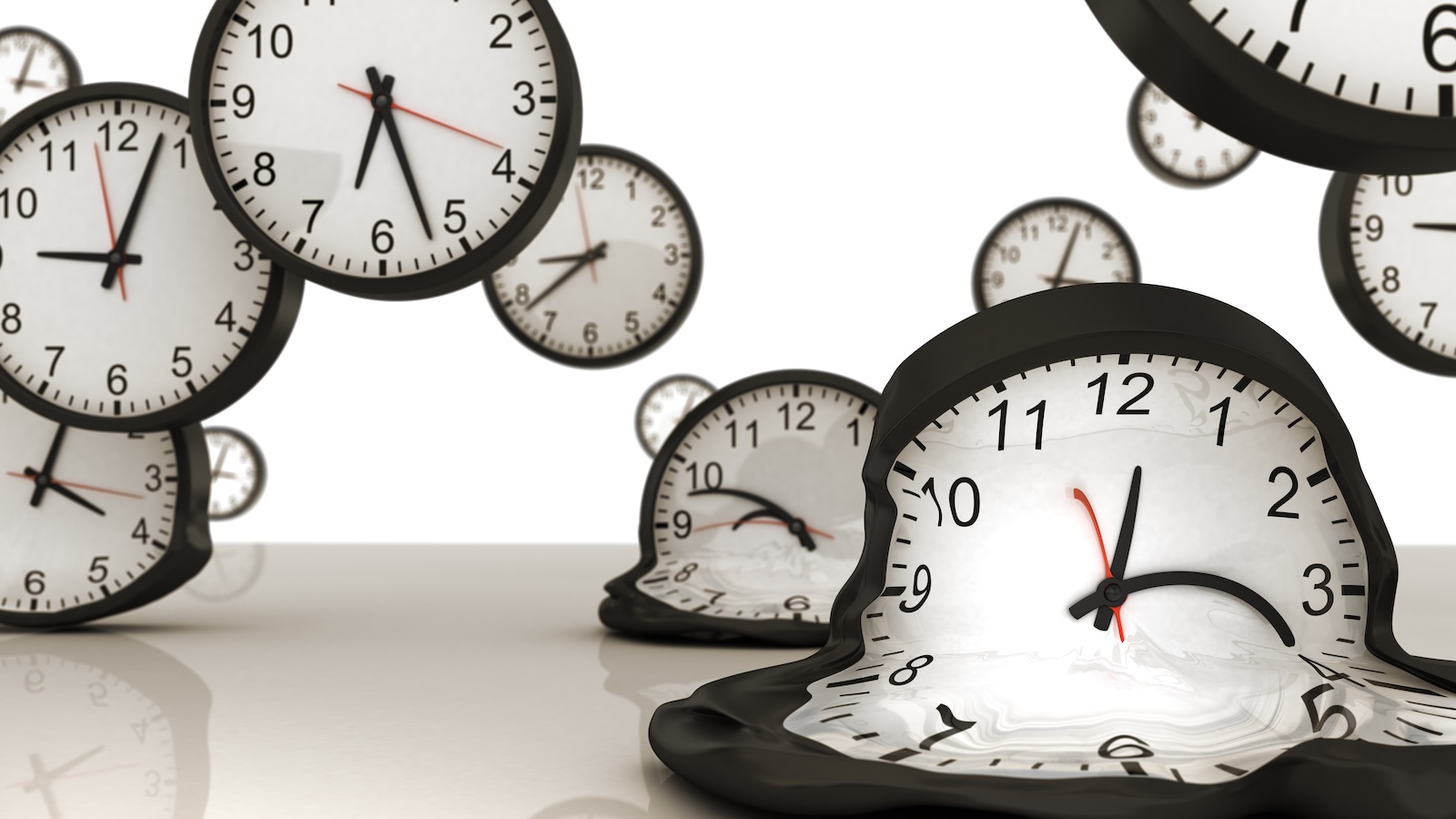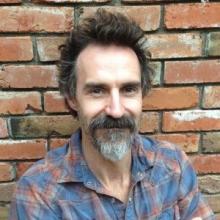The Days Blur Together: Study Shows How the COVID-19 Pandemic Affected Perceptions of Time… and Our Mental Well-being
National Gallup data showed Americans experienced multifaceted time disorientation that heightened COVID-19 stressors and lessened our mental state

Image Credit: Petrovich9/Getty Images Plus
Contact: Shelby Cefaratti-Bertin, Baylor University Media & Public Relations, 254-327-8012
Follow us on Twitter: @BaylorUMedia
WACO, Texas (Feb. 2, 2023) – Although time is a set duration of hours, minutes and seconds, the perception of time can vary dramatically based on the individual and especially during times of high stress and uncertainty such as disasters, recessions and most recently the COVID-19 lockdown. For example, ask anyone when a specific event occurred during the pandemic and they are likely to respond with, “That happened three months ago. Or did that happen three years ago?”
While there have been studies on the feeling that there is not enough time or experiencing time as moving too slowly, Baylor University sociologists Matthew Andersson, Ph.D., and Paul Froese, Ph.D., investigated this sense of multifaceted time perceptions during the pandemic and their effects on mental well-being. Their findings – using national Gallup data collected in spring 2021 in the middle of the pandemic – were published in the journal Time & Society.
“We know from existing research that people often experience time in altered ways whenever disasters strike, and we wanted to see if that was true during the pandemic as well,” Andersson said.
The Baylor researchers found that Americans during the pandemic generally reported some degree of feeling rushed while also perceiving multiple types of time distortion involving slowness, quickness and days and weeks blending together. This disorientation also was frequently reported alongside other pandemic-related stressors, including economic strain, working from home, homeschooling a child and severe household conflict.
Together, they complicated how people perceive time by disrupting routines and creating experiences of trauma, adding to the decline in mental well-being and an increase in feelings of loneliness.
Time disorientation and mental well-being
The top three findings of the study all demonstrate the connection between altered time perception and the mental states of an individual.
“If time does not seem to be moving ‘normally,’ it is generally related to lower levels of mental well-being, such as increased depressive, anxiety symptoms or a lessened sense of control,” Andersson said. “We think this is because people tend to feel grounded or calm when they feel like time is moving as it should.”
Secondly, the researchers found that individuals can often experience these time disorientations in multiple and contradictory ways, which can be related to even lower well-being.
“Feeling rushed and feeling that time is slow are kind of opposites, but they are both related to having this sense of multifaceted blending of time,” Froese said. “We can show very clearly how these new stresses that were brought on by the pandemic created heightened senses of disorientation in terms of time.”
More importantly, they found these time disorientations were affected by social, familial, physical and work situations, which created lower levels of mental well-being.
“Specific forms of stress we were seeing during the pandemic, such as financial hardship, homeschooling, working from home and severe household conflict, all had relationships to experiencing different kinds of time distortions,” said Andersson.
This was more evident in younger people “because it [lockdown] probably upended their daily routines in a much more dramatic way than it would have in somebody who's retired,” said Froese.
Experience of time
The rushed pace of industrialized society existed before the COVID-19 pandemic, but the stressors associated with the pandemic added to the feelings of time being out of control.
“Our approach to capturing experiences of time rests on the assumption that individuals relate to time in complex ways,” Froese said. “We found original evidence to suggest that experiences of quickness, being rushed, slowness and indistinct boundaries of days all coincide, and that these multiple disorientations each relate to diminished mental wellbeing, to objective work and family demands, and to widespread exposures to pandemic-related stressors.”
The survey was conducted as part of the Baylor Religion Survey, one of the most extensive national surveys of American religious beliefs, values and behaviors that produces unique data concerning religion, health and community in America today. The 2021 data collection by Gallup contained a section devoted to how the pandemic affected Americans’ activities, including how the pandemic changed the emotional lives of Americans.
ABOUT THE AUTHORS
Matthew Andersson, Ph.D., researches health inequality as it unfolds across the life course, including educational and socioeconomic inequalities in mental and physical well-being as they relate to childhood, adolescent and adulthood factors. His work has focused on health behaviors, chronic disease epidemiology, personal social networks, informal elder caregiving, comparative parenthood, parent-child emotional bonds and public attitudes and reactions toward mental illness. His most recent book is The Science of Dignity (Oxford University Press), based on on Baylor Religion Survey data and results.
Paul Froese, Ph.D., is a professor of sociology and the director of the Baylor Religion Surveys, one of the most extensive national surveys of American religious beliefs, values and behaviors to provide the public and other researchers with unique data concerning religion, health and community in America today. The survey is fielded through a partnership with Gallup. He is the author of three books, his most recent is On Purpose: How We Create the Meaning of Life (Oxford University Press). His research interests include the sociology of meaning, religion, comparative historical sociology, political sociology and ideology.
ABOUT BAYLOR UNIVERSITY
Baylor University is a private Christian University and a nationally ranked Research 1 institution. The University provides a vibrant campus community for more than 20,000 students by blending interdisciplinary research with an international reputation for educational excellence and a faculty commitment to teaching and scholarship. Chartered in 1845 by the Republic of Texas through the efforts of Baptist pioneers, Baylor is the oldest continually operating University in Texas. Located in Waco, Baylor welcomes students from all 50 states and more than 100 countries to study a broad range of degrees among its 12 nationally recognized academic divisions.10
